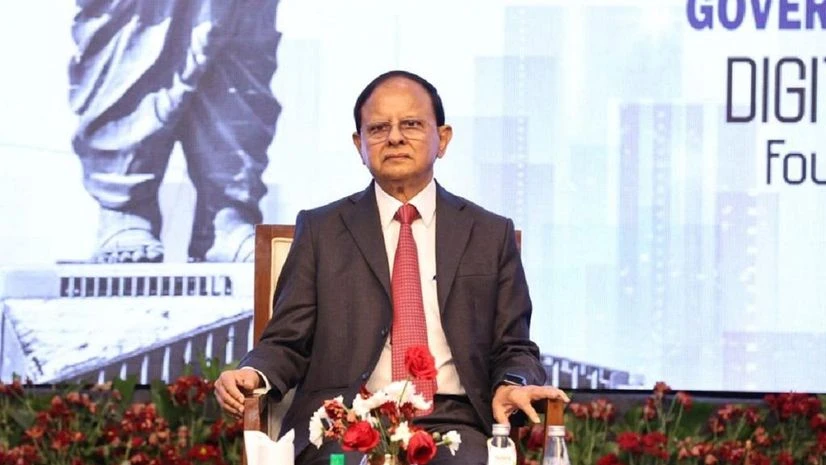With a slew of reforms and progressive policies, India is at an inflection point and structurally placed on a high growth path, according to P K Mishra, Principal Secretary to the Prime Minister.
Among economies and among rating agencies, there is a feeling that the Indian growth story is on a structurally higher path. However, on this journey, the country will face a number of challenges, both domestic and international. India has many strengths and opportunities that can help it overcome these challenges and achieve its vision, Mishra said in his convocation address at the Indira Gandhi Institute of Development Research (IGIDR) today. It was the 19th convocation ceremony of the institute.
He said India is a vibrant democracy, a resilient economy, a young population, a large domestic market, rich civilizational heritage, and a strategic location. It has visionary leadership, a spirit of entrepreneurship, innovation, and aspiration that drives its progress.
The reforms and initiatives of the Government of India in the last nine years have set the base for making India a developed nation by 2047. They have created conditions for faster and more inclusive growth, better governance, and enhanced social welfare, Mishra added.
He referred to Prime Minister Narendra Modi’s speech at the UN General Assembly in 2019. The Prime Minister had said that 'India’s voice will always rise in support of peace, security, and prosperity. This will be an India that is in tune with its past but also looking towards the future; an India that will always strive for the well-being of the entire humanity.'
Mishra said it was an appropriate time to reflect on the recent developments in the global and Indian economy, and what the future may hold for the country.
More From This Section
In recent years, the global economy has seen a period of unprecedented turbulence and uncertainty. Some of these are: the devastation caused by the Covid-19 pandemic to lives and economy; trade war between two largest economies; geopolitical tensions in Ukraine and in the Middle East; challenges of climate change; and impact of transformational technologies such as Artificial Intelligence (AI), he added.
The challenges had far-reaching economic impact: cost-of-living crisis caused by persistent and broadening inflation pressures, especially of food and energy; looming slowdown in several large economies; shift in global supply chain; rising economic nationalism; and social polarisation. All these are eroding trust and cooperation among countries and within societies.
These challenges require bold and innovative actions that can foster inclusive and sustainable growth, while also addressing the root causes of inequality and instability, Mishra said.

)
